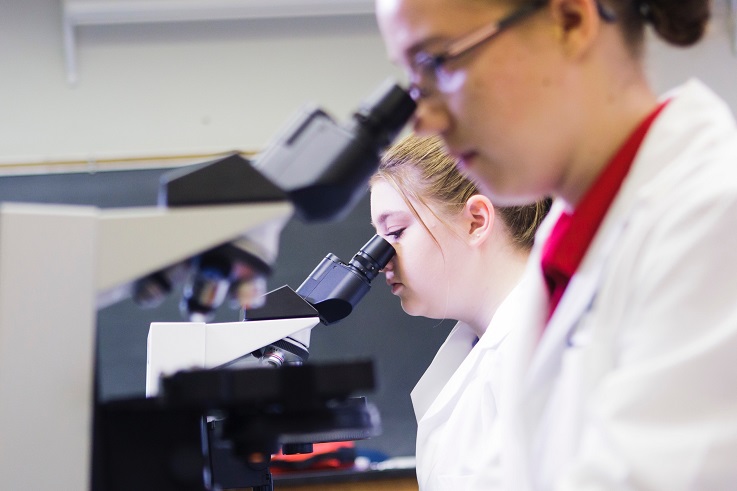Bachelor in Biology career paths: Pharmacist vs. Pharmacologist

A bachelor’s degree in biology opens the door to a diverse and exciting range of careers and it lays a firm foundation of knowledge for many graduate and post-graduate degree programs.
For biology majors interested in the world of medicine, and more specifically, the use of pharmaceutical drugs to help people, there are two distinct careers that may appeal to you: pharmacist and pharmacologist.
Though both careers are found in the pharmaceutical field and are focused on medicinal drugs, they are in fact very different in nature.
Pharmacist
Job description: The role of a pharmacist is to dispense prescription medications to patients, as well as to educate and offer advice on medications and make sure that they understand the instructions for and effects of the drugs that have been prescribed to them. This career is very customer-centric, as you will be working directly with customers and patients on a daily basis. Some pharmacists are also responsible for providing immunizations and wellness screenings.
Work environment: Pharmacists typically work in an independent pharmacy or drug store pharmacy, a hospital or clinic pharmacy.
Salary: Depending on their work setting, the median annual wage for pharmacists in 2016 according to the Bureau of Labor Statistics is $122,230 per year.
Pharmacologist
Job description: Pharmacologists work in a very research-intensive role, most often working with a team of other scientists to help develop and test new drugs to ensure they are safe. Your responsibilities in this position may include developing new drugs, determining the safest doses of existing drugs for patients, and evaluating and testing the interactions of taking different drugs together.
Work environment: Pharmacologists will not be found working in a pharmacy setting, but instead working in laboratories.
Salary: The median annual salary for a pharmacologist typically sits around $100,000 dependent on the area you live and work in.
When determining which of these career paths is right for you, the main difference to consider is whether you are more driven by research and testing or by patient and customer relationships.
No matter which path you choose, you will be required to earn a doctorate degree in that specific field, which you can begin preparing for here at William Woods University through varied coursework in the biological sciences.
Bachelors in biology students will take courses such as BIO 413: Immunology, where they will take a closer look at the specific components of the immune system and its effects on the body. Biology students will also take coursework in chemistry, human anatomy, biochemistry and more, gaining a deeper understanding of the interworking of the human body and a foundational understanding of the intricacies of medicine.

